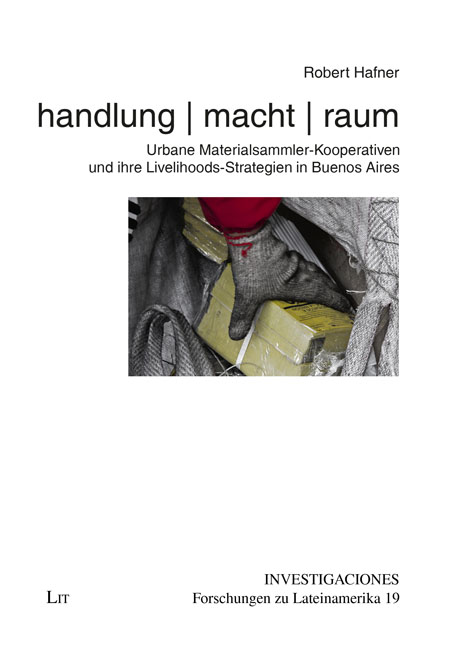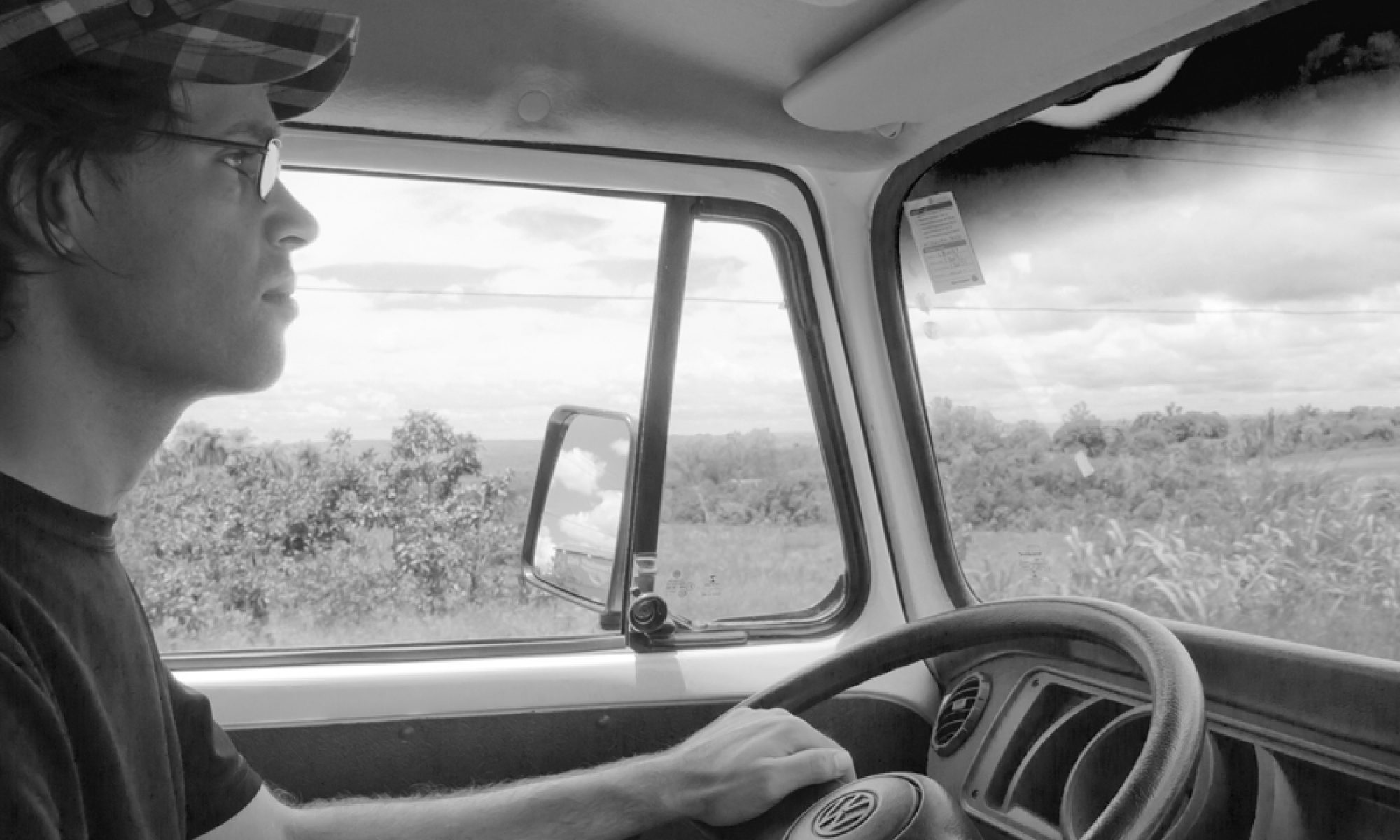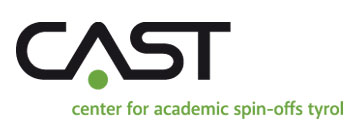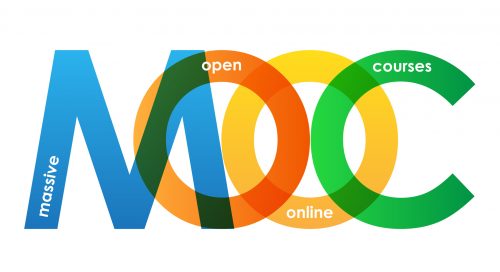On January 28, 2015, the center for academic spin-offs tyrol (CAST) awarded the best ideas of 2014; and our project R|V|U (regional verantwortliches Unternehmen; i.e. regionally responsible company), promoting the idea of Corporate Regional Responsibilty as a new tool to strengthten the ties between companies, regional stakeholders and locals as well as the natural environment, ranked in sixth place! Continue reading “CAST Award 2014: R|V|U in 6th place”
MOOC Disasters and Ecosystems: Resilience in a Changing Climate
On January 12, 2015 the online course, MOOC Disasters and Ecosystems: Resilience in a Changing Climate (with contributions by me as well) went online.
This MOOC enhances knowledge and skills for tackling complex issues such as resilience and transformation, sustainable development, ecosystem management, disaster risk reduction, climate change adaptation and how they can be operationalized. Continue reading “MOOC Disasters and Ecosystems: Resilience in a Changing Climate”
1st Austrian Conference on International Resource Fairness
“Towards International Resource Fairness – Theories, Conflicts and Policies”
International researchers and practitioners met at the the kick-off event of the transdisciplinary Network “Faire Ressourcenversorgung” (“fair provision of resources”) held from 4-6 December 2014 in Vienna.
Natural resources have become a key issue in international politics. Competition for access to and control of natural resources has intensified, and so have conflicts over the distribution of benefits as well as over negative environmental and social impacts of exploration and production. In this context, the question arises of how to conceptualize “resource fairness”, i.e. how access to, distribution and use of natural resources can be organized in a way that takes into account the legitimate interests of all actors and institutions involved. In this context, far-reaching questions emerge with regard to the current modes of production and living.
For a more detailed review (in German) click here.
New Book
 Robert Hafner
Robert Hafner
handlung | macht | raum
Urbane Materialsammler-Kooperativen und ihre Livelihoods-Strategien in Buenos Aires
Reihe: Investigaciones. Forschungen zu Lateinamerika Bd. 19, 2014, 240 S., 29.90 EUR, br.,
ISBN 978-3-643-50582-8
In Buenos Aires fallen täglich mehr als 5000 Tonnen Müll an. Materialsammler, jene, die ihren Lebensunterhalt mit dem Abfall der Gesellschaft verdienen, stehen zehn Jahre nach der Wirtschaftskrise in Argentinien im Fokus dieses Buches. Auf dem Weg zur Formalisierung und im Spannungsfeld zwischen Sichtbarkeit und Unsichtbarkeit werden Livelihoods-Strategien von vier Kooperativen in Buenos Aires gegenübergestellt: Es zeigt sich eine Bandbreite an unterschiedlichen Zugängen räumlicher Praktiken, Handlungs- und Machtverständnissen, dargelegt durch eine neue, eine Perspektive von Innen.
English Abstract
Buenos Aires accounts for approximately 5000 tons of waste per day. Waste pickers basing their livelihoods on society’s waste have been invisible until the economic crisis in 2001 in Argentina. Only due to the rapid increase of this informal and marginalised group and their appearance in public space, their existence has been noticed. Ten years later, on their way from informality to formality, four different livelihood-strategies of waste picker cooperatives are analysed and compared. Spatial practices, organisation structures and ideologies are as much at the core of interest as actions, interactions and power relationships among actors in social space.



